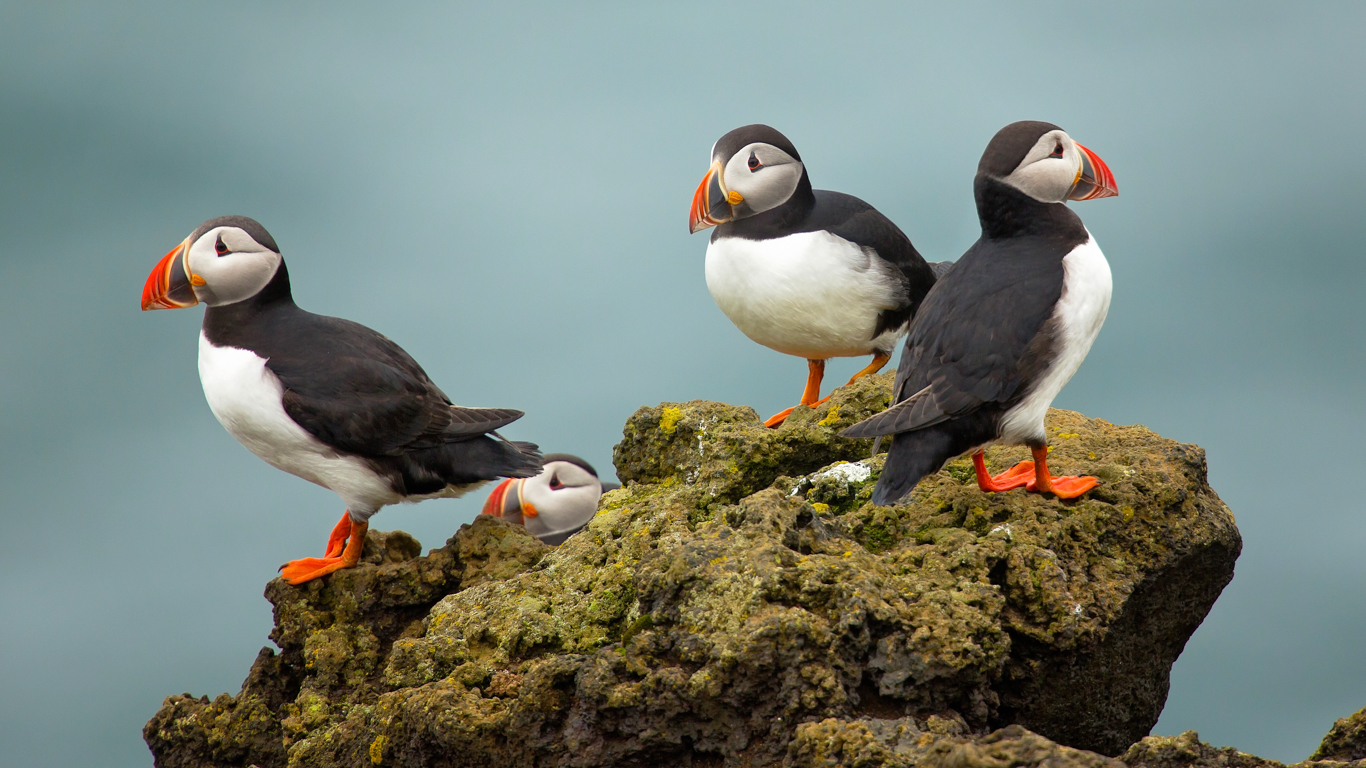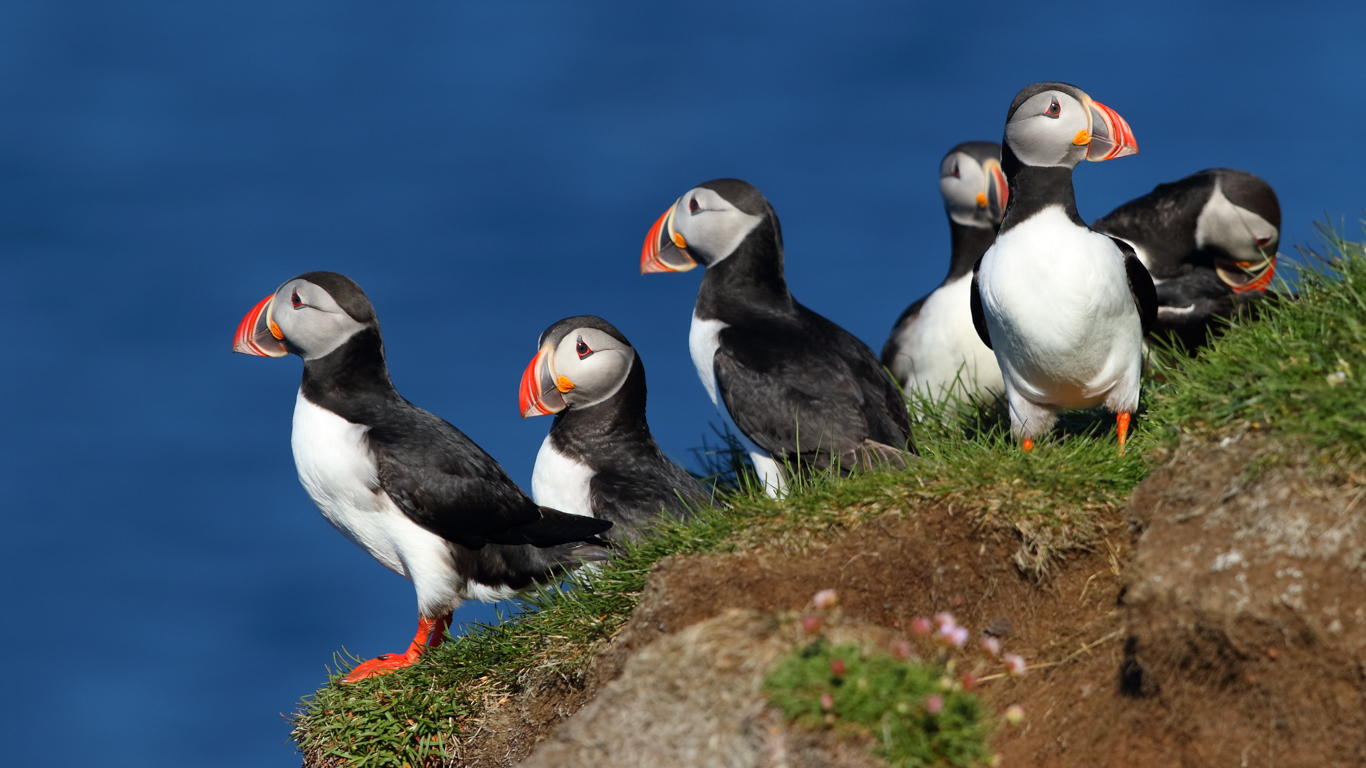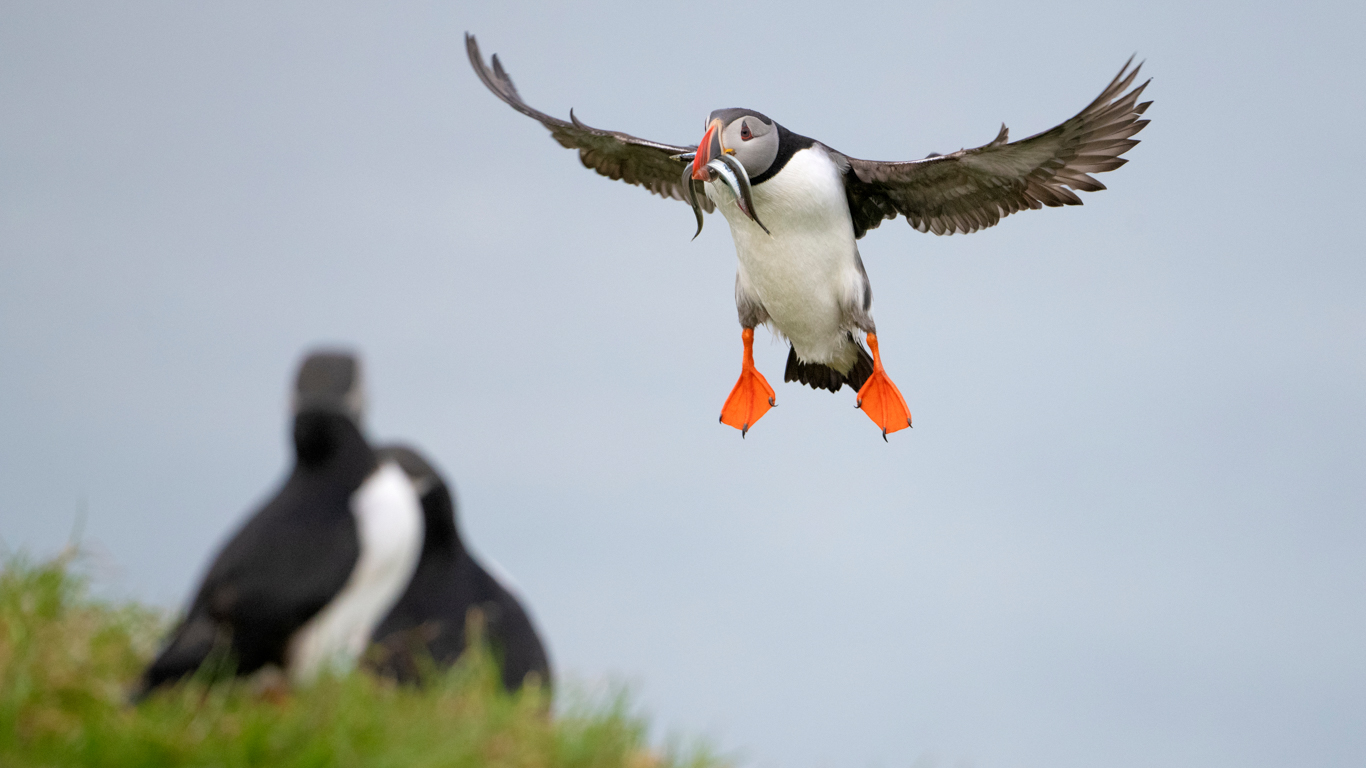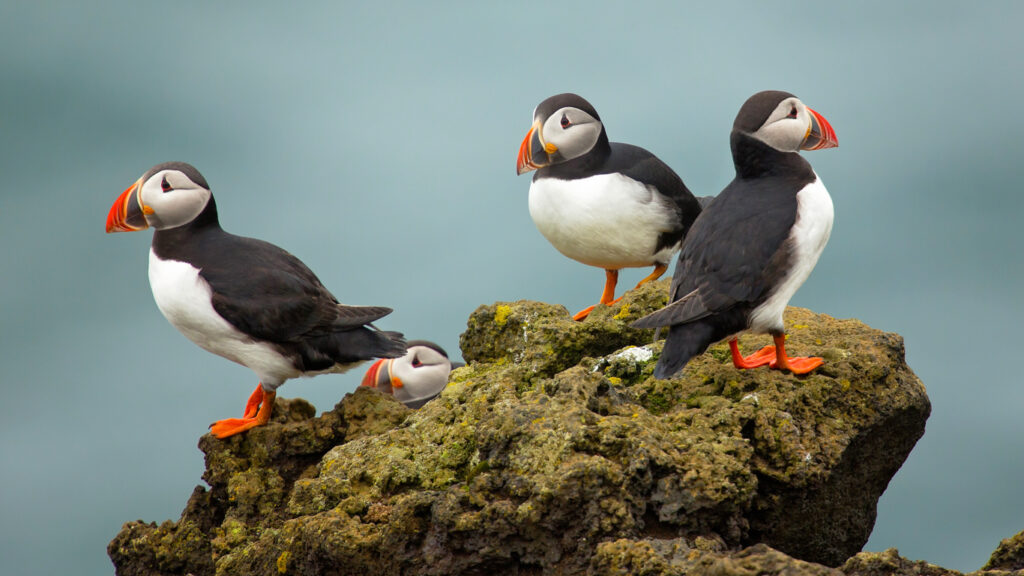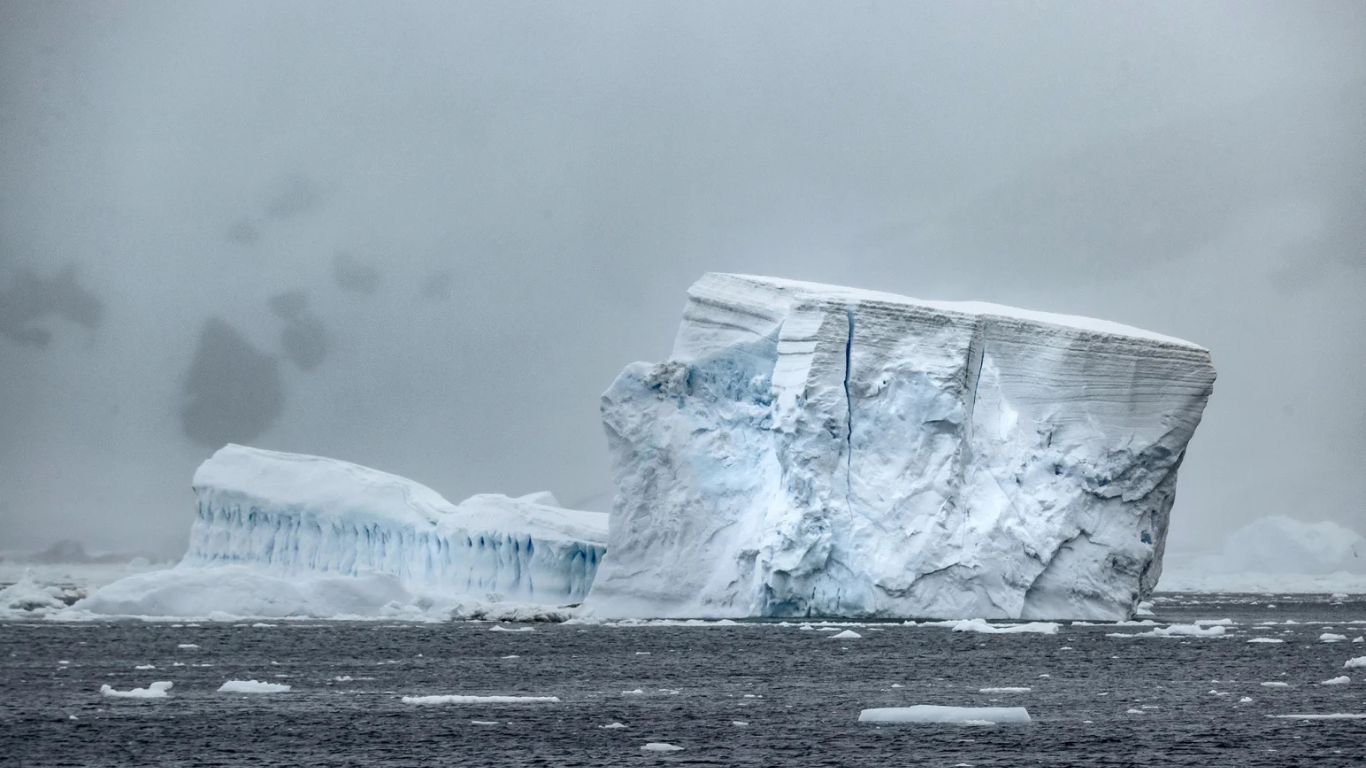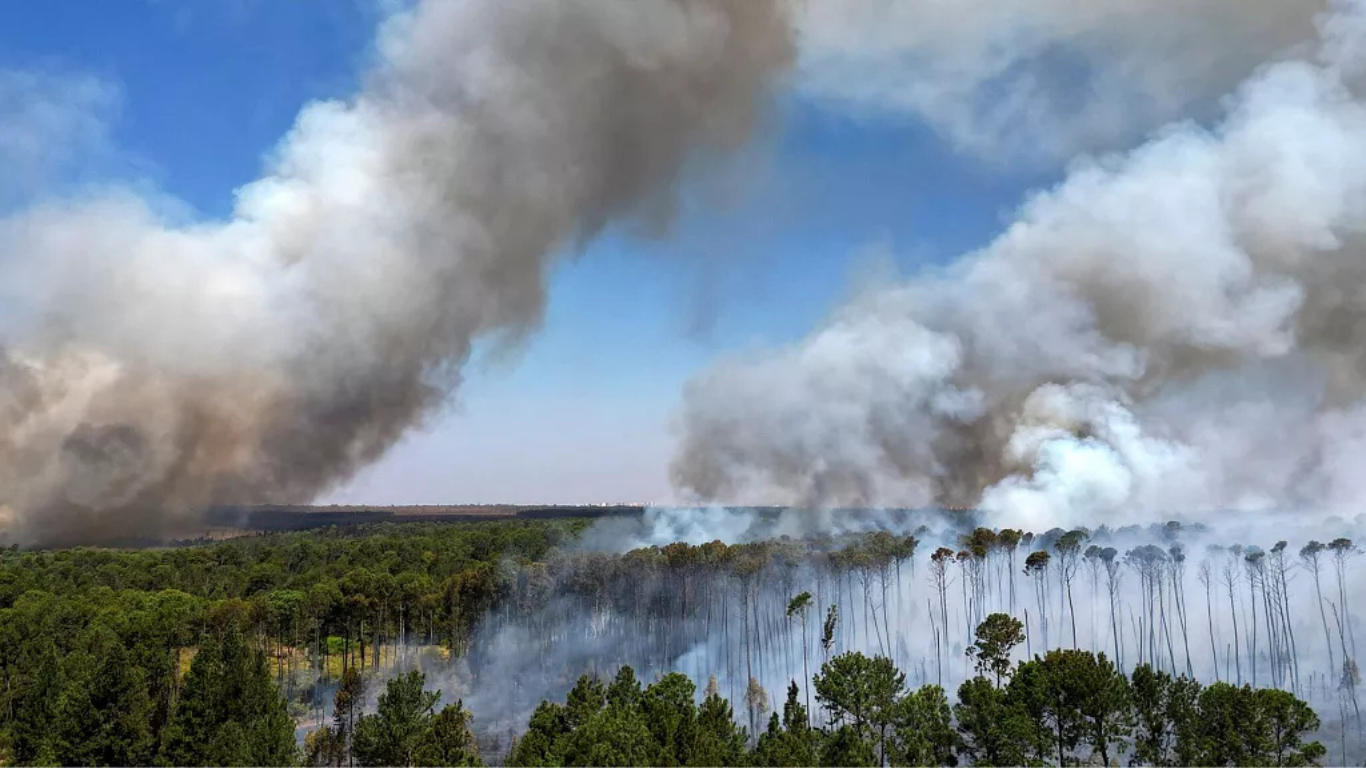Most of Western Europe’s nesting sites for puffins are likely to be lost by the end of this century as a result of climate breakdown, warned a report this week. According to The Guardian, the report said that other seabirds would also be affected, including razorbills and arctic terns, unless immediate and urgent action was taken to reduce global heating. Up to 87% of these species’ breeding grounds are expected to be lost due to reduced food accessibility and lengthy periods of stormy weather.
Puffins live at sea most of their lives and are part of the alcid (or auk) species. They are listed as Vulnerable on the IUCN (The International Union for Conservation of Nature) Red List and are on the Red List of UK Birds of Conservation Concern.
Researchers from the Zoological Society of London (ZSL) and the University of Cambridge have put together a guide to protecting the birds from worsening climate conditions, with the help of 80 conservationists and policymakers from 15 European countries.
The guide – a first of its kind – offers tips on protecting 47 species that breed along the Atlantic coastline. It analyses species-specific needs and the actions required to preserve each one.
It explains how birds could be moved to safer locations as climate change causes heatwaves and rapidly diminishing fish populations. For example, puffins can be successfully encouraged into new breeding sites by placing model birds there, and gulls can be drawn to artificially created nesting platforms.
“It is unthinkable that the Atlantic puffin, one of Europe’s most treasured seabirds, could disappear from our shores by the end of the century alongside other important marine bird species,” said Henry Häkkinen, a ZSL Institute of Zoology postdoctoral fellow, who led the production of the guide.
“These birds face double the challenges as they breed on land but rely on the sea for survival; by living across these two worlds, they are essential to both ecosystems and give us a glimpse into the health of wildlife in otherwise hard to monitor areas of the ocean, meaning their loss would impact countless other species and their conservation.”
Project leader and senior research fellow at ZSL, Dr Nathalie Pettorelli, added, “These seabird conservation guidelines – and the process behind them – provide a vital and transferable framework that can help align efforts to prioritise and implement evidence-based climate change adaptation practices to safeguard a future for the species most at risk. The time to act is now if we are to buffer species from the impacts of climate change.”
"Puffins are the latest species to be added to a long list of wildlife in rapid decline as a result of global warming – a crisis escalating so fast it cannot be ignored," says Animal Survival International (ASI)'s David Barritt.
“Imagine losing a species as iconic as the puffin due to the complacency of those who refuse to take action against the climate crisis? Ignoring it will not only be catastrophic to countless species affected by warming oceans and worsening weather conditions, but the human race as a whole. If we do not act now, our planet faces a very bleak future – or no future at all.”

